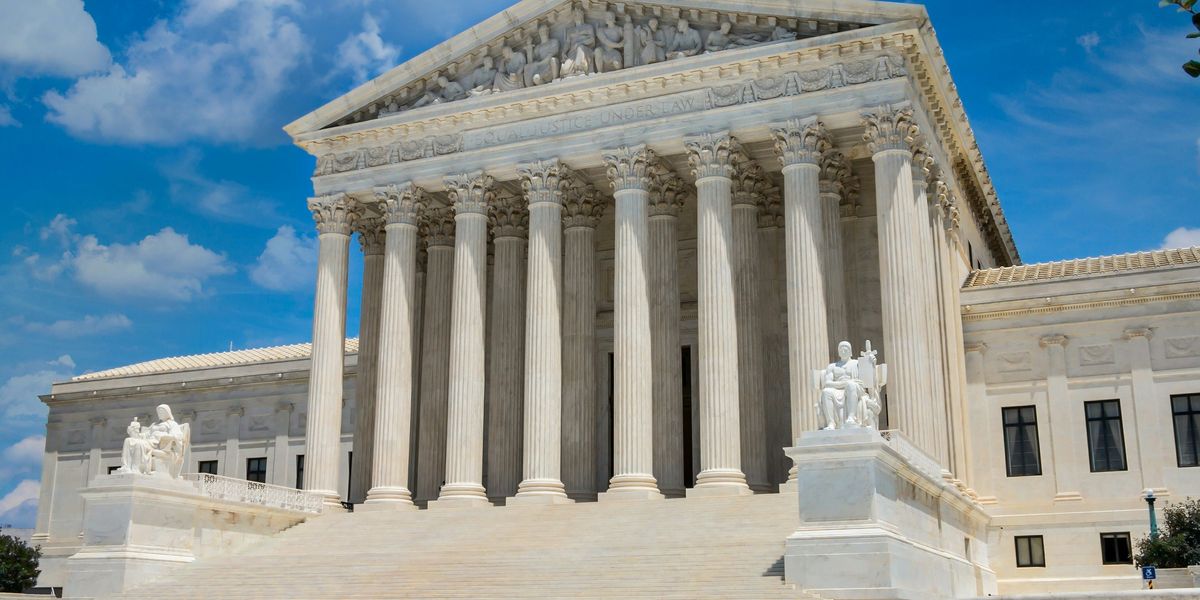
Supreme Court declines to intervene in key environmental and climate disputes
The Supreme Court rejected requests to hear cases on climate lawsuits against oil companies, federal land control in Utah, offshore wind farm impacts and interstate air pollution rules.
Lesley Clark, Scott Streater and Pamela King report for E&E News.
In short:
- The Supreme Court will not review a Hawaii ruling that allows state-level lawsuits holding oil companies accountable for climate impacts, opening the door for dozens of similar cases to proceed.
- Utah’s bid to take control of millions of acres of federal land was denied, maintaining the Bureau of Land Management's authority.
- Efforts to halt the Vineyard Wind project over endangered whale concerns were dismissed, enabling continued offshore wind development along the East Coast.
Key quote:
The justices’ move “upholds our right to enforce Hawaiʻi laws in Hawaiʻi courts, ensuring the protection of Hawaiʻi taxpayers and communities from the immense costs and consequences of the climate crisis caused by the defendants’ misconduct.”
— Ben Sullivan, executive director and chief resilience officer for Honolulu’s Office of Climate Change, Sustainability and Resiliency
Why this matters:
By rejecting these cases, the court has left states and localities free to pursue legal actions against major polluters. These disputes could reshape accountability for climate damages, determine land use rights and influence the future of renewable energy projects.
Related: Industries lobby Supreme Court to limit government regulation













